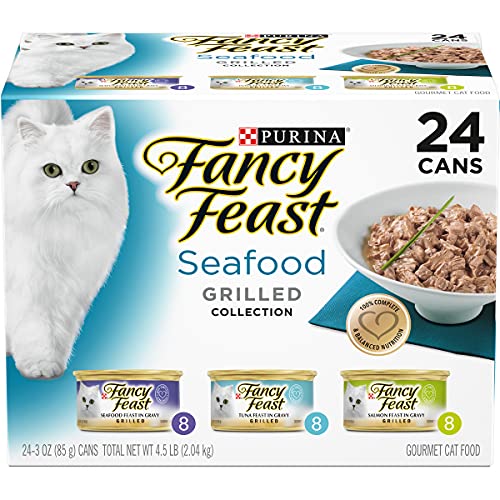Introduction:
As responsible pet owners, we all want to provide our beloved feline friends with the best possible care, including their diet. Just like humans, cats require a well-balanced and nutritious diet to thrive and lead a healthy life. Choosing the right food for your cat is crucial, as it directly impacts their overall health, energy levels, and longevity. In this blog, we will explore the best food options for cats, considering their nutritional needs and dietary preferences.
- Understand a Cat’s Nutritional Needs:
Before diving into specific food choices, it’s essential to understand the nutritional requirements of cats. Cats are obligate carnivores, which means their bodies are designed to primarily thrive on animal-based proteins. They require high amounts of protein, moderate fat, and minimal carbohydrates in their diet. Additionally, cats need specific vitamins, minerals, and amino acids that are essential for their well-being.
- High-Quality Commercial Cat Food:
Commercial cat food is a convenient and widely available option that can provide all the necessary nutrients for your cat. Look for brands that offer high-quality products, preferably with named animal proteins listed as the main ingredient, such as chicken, turkey, or fish. Avoid foods with excessive fillers, by-products, artificial preservatives, and colors. Opt for cat foods that have been tested through feeding trials and are formulated to meet the Association of American Feed Control Officials (AAFCO) standards.
- Wet or Dry Food:
Deciding between wet and dry cat food can be a matter of personal preference and your cat’s individual needs. Both options have their advantages. Wet food has higher water content, which helps maintain hydration and is beneficial for cats prone to urinary tract issues. It also tends to be more palatable for picky eaters. Dry food, on the other hand, is more convenient, has a longer shelf life, and helps promote dental health by reducing tartar buildup. Many cat owners opt for a combination of both, feeding wet food as a treat or supplementing dry food with wet food occasionally.
- Homemade Diets:
Some pet owners prefer preparing homemade diets for their cats. If you choose this route, it’s important to consult with a veterinarian or a feline nutritionist to ensure that the diet is nutritionally balanced and meets all the essential requirements. Homemade diets should contain animal-based proteins, necessary fats, and the right balance of vitamins and minerals. Avoid including ingredients that can be toxic to cats, such as onions, garlic, and certain spices. Proper supplementation and regular monitoring are vital to ensure the diet is meeting your cat’s nutritional needs.
- Special Dietary Considerations:
Some cats may have specific dietary requirements due to health conditions or allergies. If your cat has special needs, it’s crucial to consult with your veterinarian. They can recommend specialized diets tailored to address specific issues such as weight management, urinary tract health, food allergies, or digestive sensitivities. These specialized diets often require a prescription and are formulated to support your cat’s unique needs.
Conclusion:
Feeding your cat a balanced and nutritious diet is one of the most important aspects of their care. High-quality commercial cat foods that contain animal-based proteins and meet AAFCO standards are a convenient and reliable choice. Wet food, dry food, or a combination of both can be suitable, depending on your cat’s preference and specific needs. If you opt for homemade diets, seek professional guidance to ensure proper nutrition. Remember to pay attention to any special dietary considerations your cat may have. By providing the best food for your feline companion, you can contribute to their overall health, well-being, and happiness.

